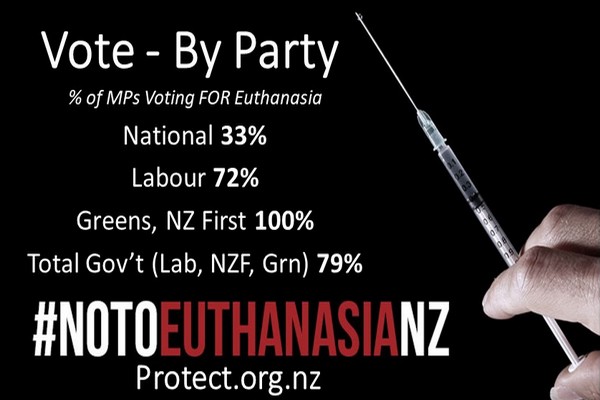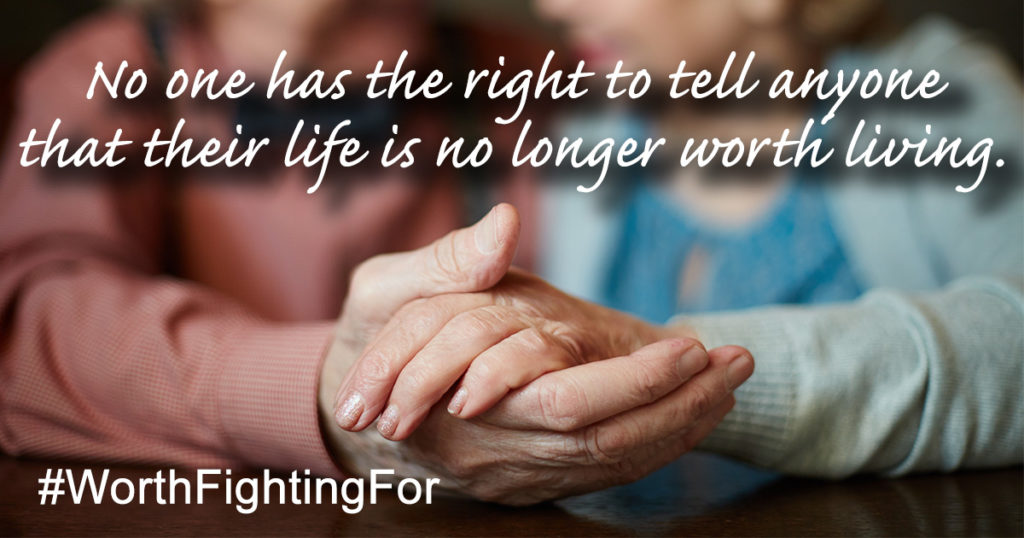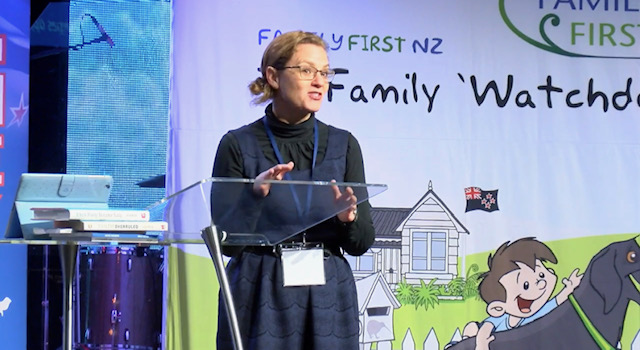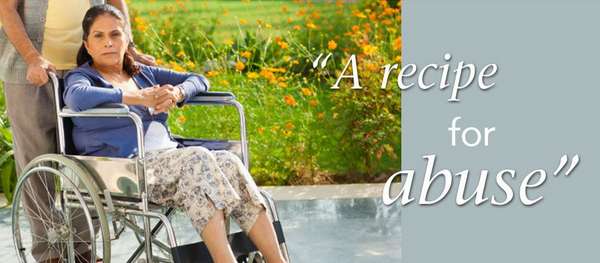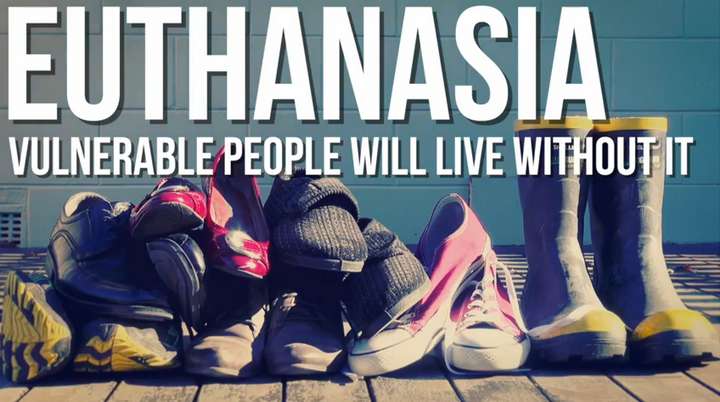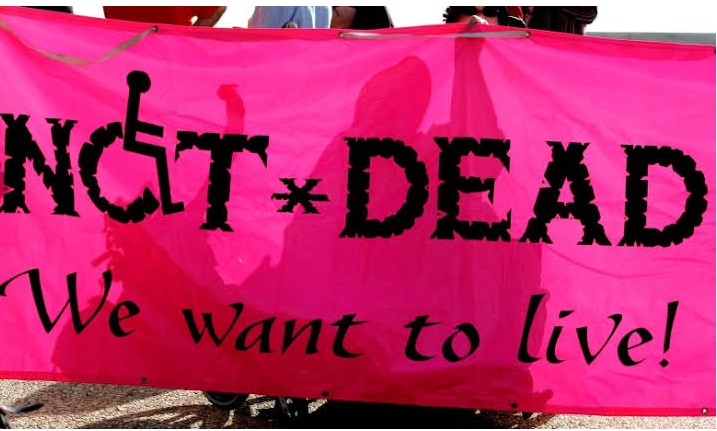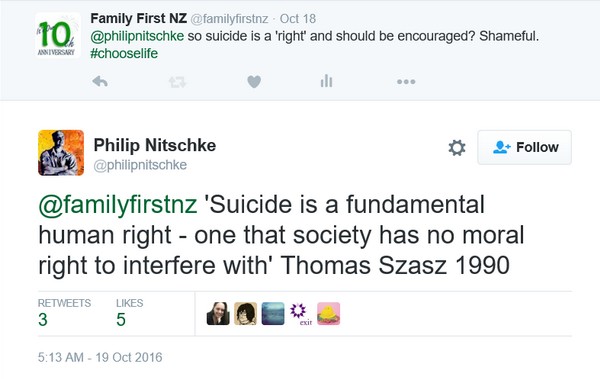
9 News 13 August 2019
Family First Comment: Her father was in his 60s when he took his life two years ago, after seeking advice from Mr Nitschke’s Exit International group that advocates legalising voluntary euthanasia and assisted suicide. She said her father was suffering from depression, but he had no terminal illness.
“Apologise for what happened to my father,” she said. “The information you put out kills people who are not in a rational state of mind to make that decision… There are young people who have died, people with depression. It’s wrong, it’s totally irresponsible, he’s a doctor, it’s wrong.”
A pro-euthanasia forum in Perth has turned ugly after a young woman tried to direct questions to controversial former doctor Philip Nitschke.
Backers of the man dubbed Dr Death, converged on the woman and demanded she leave.
Known only as Candice, the woman then walked to the front of the forum and confronted Mr Nitschke up close.
“Apologise for what happened to my father,” she said. “The information you put out kills people who are not in a rational state of mind to make that decision.”
Candice then explained to the media that her father was in his 60s when he took his life two years ago, after seeking advice from Mr Nitschke’s Exit International group that advocates legalising voluntary euthanasia and assisted suicide.
READ MORE: https://www.9news.com.au/national/perth-news-woman-confronts-euthanasia-advocate-philip-nitschke-dr-death/0b6919cf-4f7d-4234-956b-86bc0c208097

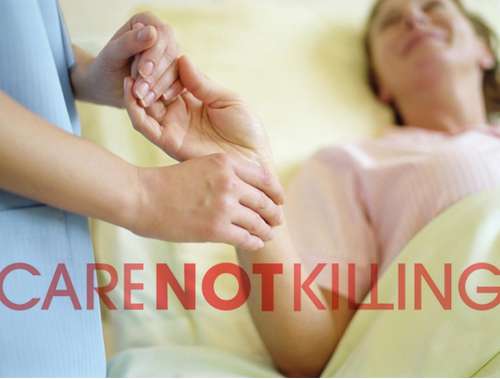
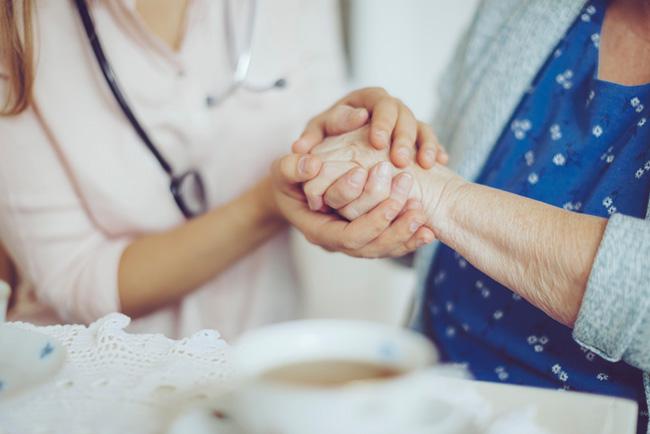

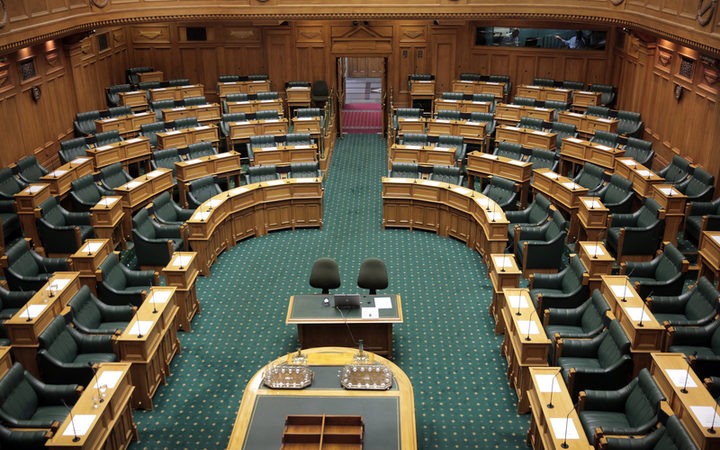
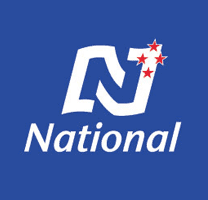
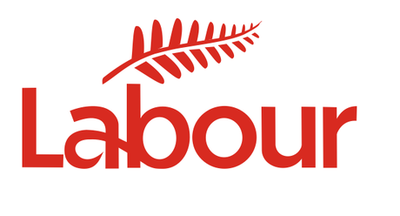

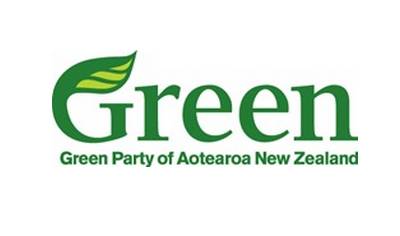 YES (All MPs!)
YES (All MPs!)